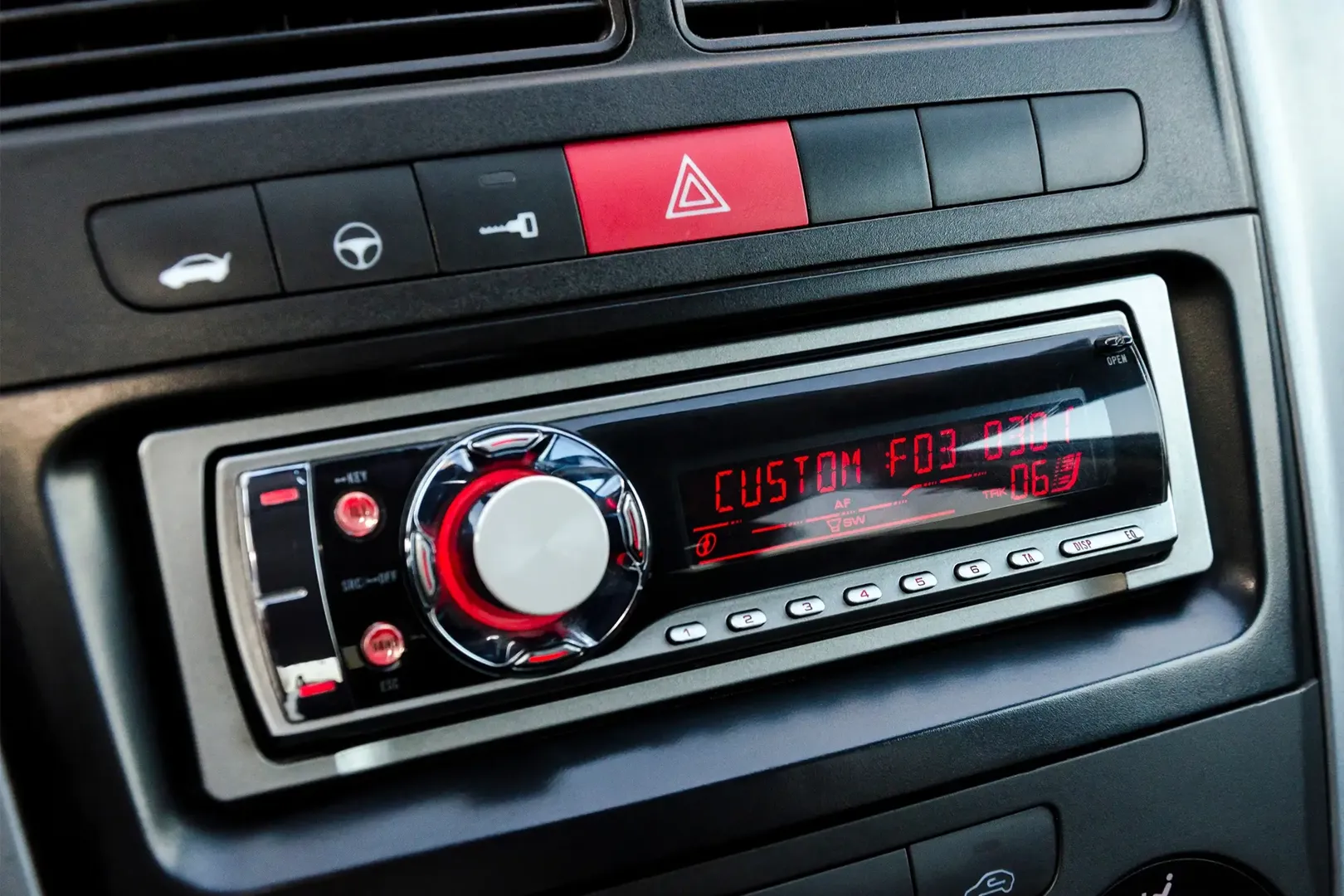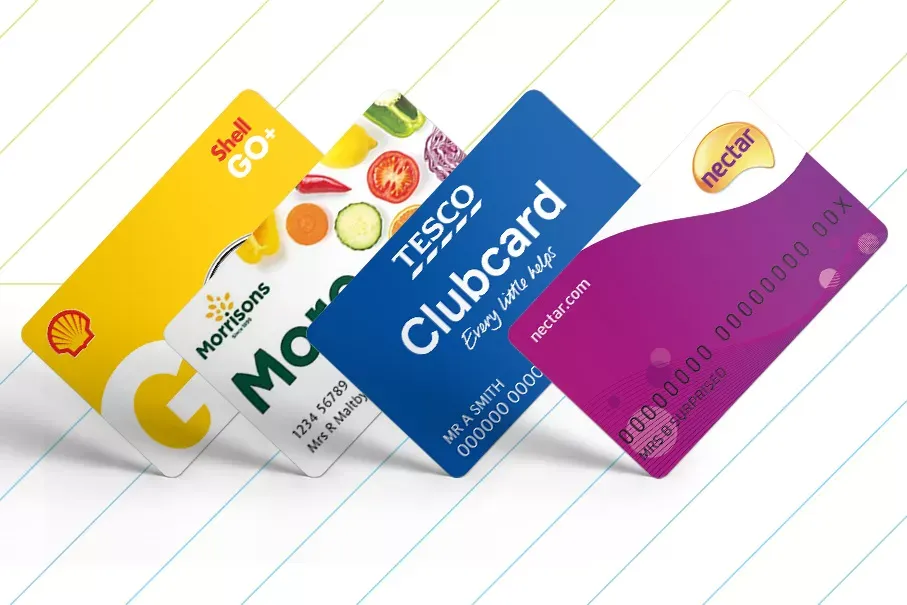
One of the best things about listening to the radio while driving is the regular traffic reports and updates. These bulletins form part of the daily output on the majority of radio stations the length and breadth of the UK, offering up to the minute information about the current road conditions. These include issues such as congestion, road works and closures as well as road traffic accidents, situations that may hinder the driver in reaching their destination in a timely manner. Overall, they provide an invaluable service that helps keep us all moving and getting to where we need to be.
The first ever traffic report is believed to have been as far back as 1937 in the USA, which coincides with the time when radios were first installed in vehicles. It is said to have been part of a survey into highway conditions in Southern California when CBS Radio worked with United Airlines to report upon traffic conditions viewed from the air.
Traffic reports don’t exclusively cover the roads and are also a good source of information on major problems with air and rail travel. Today the radio traffic bulletin is a vital service relied upon by drivers of all kinds of vehicles, but particularly commercial drivers who need to avoid any problems on the roads so they can reach their destination on time and as expected by their customers. With the latest technology and up to the minute information provided by organisations such as Highways England and the RAC, it is possible to prewarn drivers of problem ‘hot spots’ so they can seek an alternative route and avoid getting stuck.
A frequent frustration when reaching a queue of traffic is not knowing what the problem is. While it does not always give the answer we want, the radio traffic report at least provides us with an explanation of why we are being held up and how long the delay is likely to be, which somehow makes us feel slightly better.
One of the best known and widely recognised traffic services is from the national broadcaster BBC Radio 2, which offers half hourly traffic reports throughout the day, provided by a team of reporters. In line with the station’s output, the bulletins usually cover motorways and key ‘A’ roads, providing the listener with a wider picture of the situation from a national perspective. As the UK’s most listened to radio station*, it is a popular choice for professional and commercial road users using the road network.
Local radio stations generally offer more frequent reports, in some cases every 15 minutes at peak times, on the regional roads. These are particularly beneficial in bad weather as localised information on road conditions in relation to snow, ice and fog, which are invaluable to drivers during the winter months. And if local radio isn’t ‘quite your thing’ most car audio systems have a TA button which when enabled will interrupt with local travel reports should you want to carry on listening to your regular station.
Traffic reports started out as an add-on to the main news, similar to the weather forecast. But as the UK’s roads have become a lot busier, so has the need to have dedicated traffic bulletins, with specialist reporting teams.
National radio has led to some traffic reporters becoming familiar household names. Radio 2’s Sally Boazman, also known as ‘Sally Traffic’, is one of the best known from her time on the evening drive time show with Johnny Walker and can now be heard at weekends. Also, Lynn Bowles enjoyed a long stint working on the breakfast show with Sir Terry Wogan and then later with Chris Evans.
Included with the usual mix of music and chat from the presenters, radio traffic reporting is a public service and as much a part of the modern road journey as using the Sat Nav and stopping to refuel. Most drivers value the personal and helpful information which is delivered by a friendly and familiar voice and would undoubtedly be lost without it.
*RAJAR quarterly listening figures December 2018.


